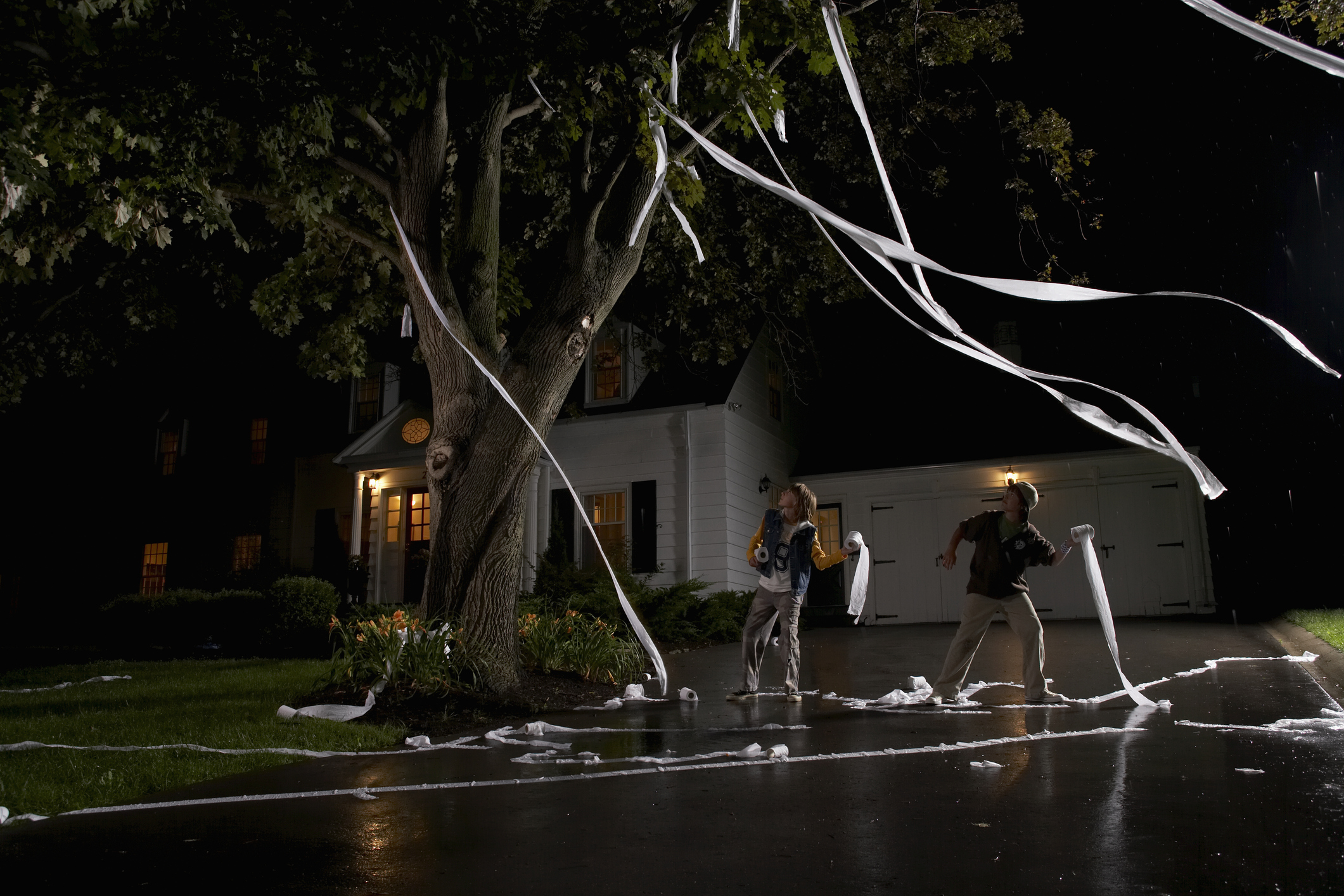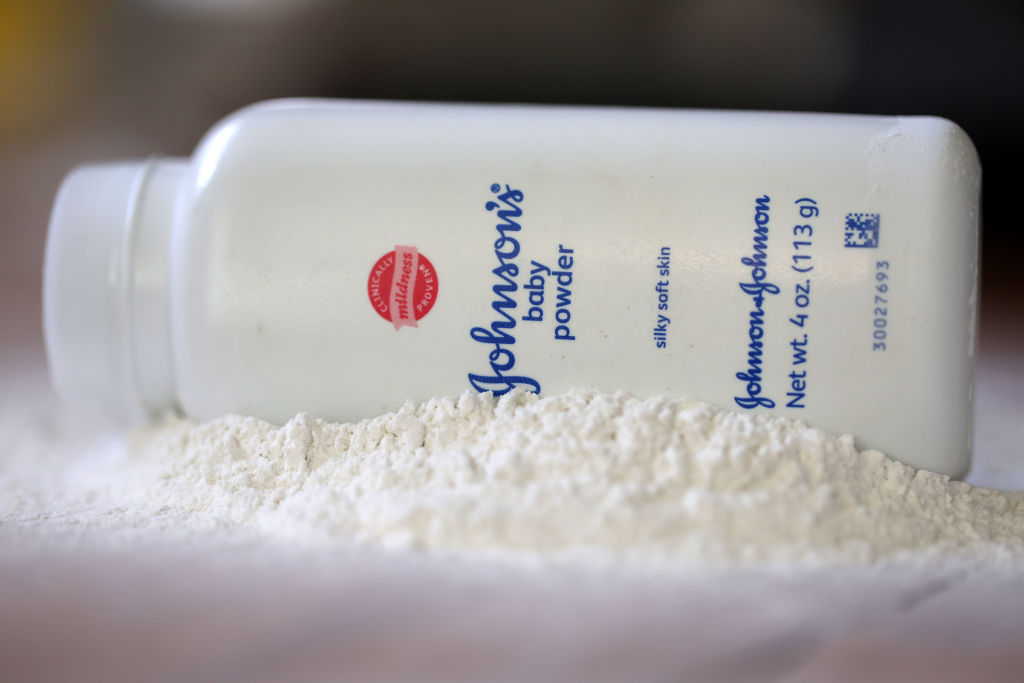Halloween Crime and Teenagers – FindLaw
It’s that time of year again. Pumpkin spice everything, sweater weather, and of course, Halloween.
Whether it’s too much candy corn or just something in the crisp autumn air, Halloween night seems to create a rise in juvenile crimes and pranks. So before you open that freshly delivered costume from Amazon, here’s what you should know about the most common criminal activity that takes place on All Hallows’ Eve.
Party at the Police Department?
On Halloween, it can be fun to dress up as a law enforcement officer or first responder. Theme party anyone? But hopefully, your version of trick-or-treating doesn’t include police or ambulance rides. Let’s break down the minor crimes and felony charges teens should avoid on Halloween.
Underage Drinking
All states follow the federal minimum drinking age of 21. It is illegal for people under the age of 21 to purchase and possess alcohol in all 50 states plus the District of Columbia. However, each state also has its own laws. Some states have made limited exceptions to their underage drinking laws for:
- Education
- Religion
- Lawful employment or law enforcement purposes
- Parental, guardian, and spousal consent
You eagle-eyed observers out there probably noticed that there is no “Halloween party” exception.
Vandalism
Vandalism occurs when you intentionally destroy, deface, or alter another person’s property. This includes “egging” your neighbor’s house (or your high school). Many acts of vandalism are considered misdemeanors. But if you cause serious damage to valuable property, it may be a felony. Remember, Halloween decorations DO NOT include toilet paper, unless you use it on your own house or property.
Trespass
If you purposefully go onto the property of another person without their permission, you are likely trespassing. This is often an infraction or misdemeanor, but it can also be charged as a felony.
Disorderly Conduct
Every state has a law prohibiting disorderly conduct. The definition of disorderly conduct varies by state. Commonly referred to as a “catch-all” law, disorderly conduct covers many disruptive behaviors. Specific examples include:
- Engaging in violent behavior
- Making threats or unreasonable noise
- Using obscene or offensive language or gestures
Consequences for Halloween Crime
But you’re just a kid. This is all “just a bunch of hocus pocus,” right?
Wrong.
Laws aimed at crime and public safety still apply to minors. There are special laws and procedures to handle juvenile crime, but they are crimes nonetheless. Charges depend on several factors, including the severity of the offense, previous charges, attitude, and evidence.
Penalties for juvenile crimes may consist of paying fines or restitution, participation in counseling programs, and community service. For more serious crimes or repeat offenders, juveniles can be sentenced to house arrest and placed in the home of a relative, foster care, or juvenile detention facility. In severe cases, placement may even include regular jail or prison.
If you are charged with a crime, you need legal advice, and you need it quickly to protect your rights and options. You can find law firms and criminal defense attorneys near you through FindLaw’s lawyer directory.
Related Resources:
You Don’t Have To Solve This on Your Own – Get a Lawyer’s Help
Meeting with a lawyer can help you understand your options and how to best protect your rights. Visit our attorney directory to find a lawyer near you who can help.






